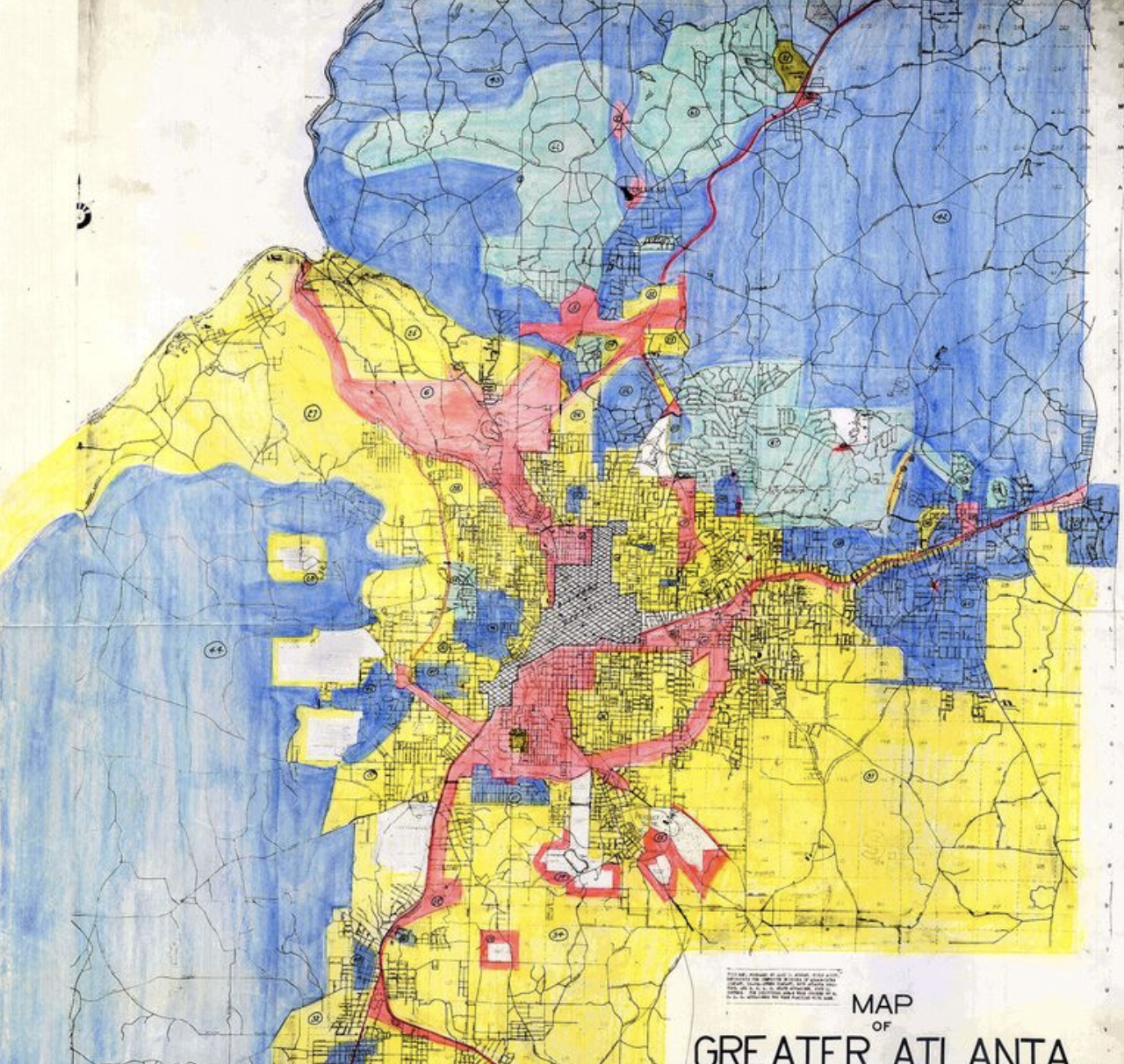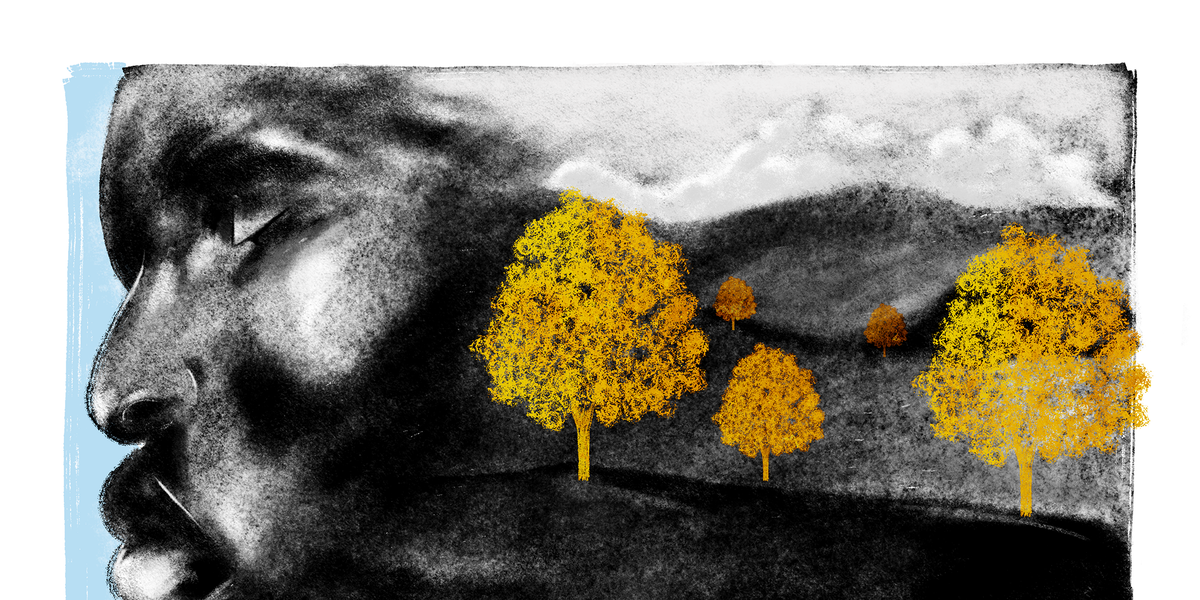

Editorial
“We don’t see ourselves in [the environmental] movement, but we do see ourselves in the places which we’ve had to make home over and over again.”
—Deseree Fontenot, Co-Founder of Movement Generation Justice & Ecology Project
The early feminist movement’s failure to prioritize marginalized voices and issues, such as racism, housing and education—has been to the detriment of the movement achieving its goal of ‘equality.’ Deseree Fontenot is letting us know that we’re also acting to the detriment of climate change progress, for all of us, by sidelining the lived realities of minority people and communities.
Fontenot started her organization after she connected a diagnosis of asthma to the concentrated area of street and truck pollution where she lived.
“The reason we have asthma…[is because] where we were able to make a home was in the sprawl of urban development of Los Angeles. That’s part of my lived experience; it’s not just this abstract thing.”
The term “environmental racism” which Leah Thomas, the activist and author of The Intersectional Environmentalist: How to Dismantle Systems of Oppression to Protect People + Planet, describes through this anecdote about the lived experiences of many black and minority people in the U.S. as a whole. “It wasn’t separate-but-equal as we know…in the U.S," she says, "specifically, we started to see a lot of Black and Brown communities be closer to toxic landfills and waste sites and more highways in their neighborhoods.”
And she continues, “You can see the effects of these racist policies in a quick scan of the major environmental catastrophes that have made headlines in the country over the past few years, like the Flint water crisis, toxic waste in the Rio Grande Valley, and the construction of the Dakota Access Pipeline.”
How do we learn from the failure to champion intersectional causes, which for the environmental movement, include the systemic causes and impact of redlining, for example, that Thomas refers to?
Or, as C.N.E. Corbin, a professor at Portland State University who studies the relationship between society and nature within the built environment says, "In essence, what does an environmentally and socially just future look like and how does it function for the most vulnerable communities?”
Elizabeth Yeampierre, executive director of the Brooklyn-based UPROSE, an organization that focuses on sustainable development and a myriad of community issues, including climate and racial justice,” says this: “Communities should avoid defeatist lenses in meeting the needs of the moment. Meaningful work can be done, and progress can be made, as long as those who want to help in this fight are addressing the environmental burdens of communities of color and ensuring that leadership comes from the frontline of movement work.”
Connect with all of the voices in the Women’s Health Magazine article below.
Source ▼
 Women's Health
Women's Health

